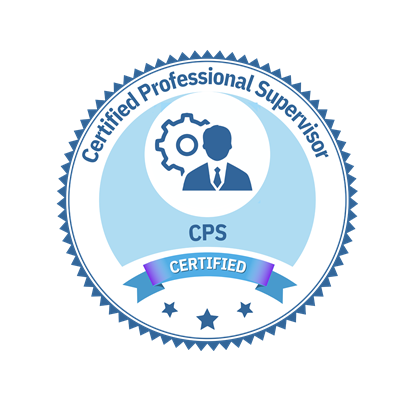In today's workplace, supervisors play a big role in the economy. They can boost or lower the productivity of their team members. As a supervisor, you're the link between the workers and the higher-ups. You likely have more experience and skills than the people you supervise, as companies often choose talented individuals for these roles.
Many new supervisors aren't sure what their job entails. They may lack experience in managing others and struggle with tasks like planning, leading, and communicating effectively. Our E-Course is here to help you tackle these challenges head-on.
The Certified Professional Supervisor (CPS) program is designed to support new supervisors in their early days on the job, whether they're leading a team, managing a project, or coordinating a unit. Dealing with the issues that come with supervision isn't easy, but it doesn't have to be overwhelming.
Learning to delegate effectively is crucial for supervisors. It lightens your workload and helps develop your team's skills. Delegating also prepares your team members for more responsibility and opens up opportunities for your own career growth within the company.
Delegation can be tough to master, but it's a skill that can be learned. Module 3 of the CPS course explores delegation in detail, including when and how to delegate tasks. We'll walk through the delegation process step by step and discuss strategies for overcoming common challenges.
Being a coach means being a role model, advisor, and supporter for your team members. Coaching involves providing support and opportunities for growth. Knowing when and how to coach effectively is a valuable skill that can benefit both you and your organization.
E-Course Duration: 20 to 25 Hours

